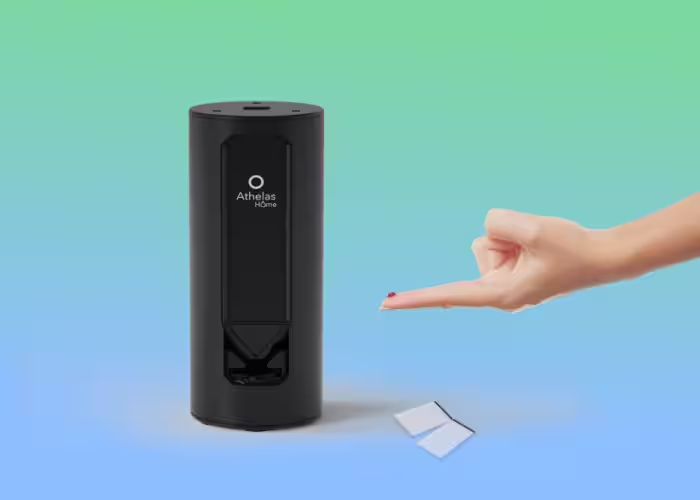Telehealth is transforming podiatric care in 2025, and accurate documentation for virtual foot exams billed under CPT code 73620 (X-ray, foot, 2 views) is critical to avoid claim denials and ensure proper reimbursement. This guide simplifies how to document image reviews, track patient progress, and prevent billing issues while keeping claims cautious and accurate.
Documenting Virtual Imaging Reviews
For remote X-ray or image reviews, clear and precise documentation is essential:
- Log timestamps: Note when the image was received, reviewed, and discussed with the patient.
- Specify image details: Document the views (e.g., AP and lateral), who performed the imaging, and whether you provided a diagnostic interpretation. Use modifiers like 26 (professional component) or TC (technical component) if applicable.
- Summarize findings: Briefly describe abnormalities or potential diagnoses. If reviewing an external study, note its source to support billing for the professional component.
Tracking Functional Progress
Show the patient’s recovery to justify ongoing care:
- Record functional metrics: Include details like weight-bearing ability, gait changes, range of motion, or pain levels.
- Compare over time: Reference prior images or exams to highlight progress or ongoing issues.
- Connect imaging to function: For example, note that a healing stress fracture (seen on X-ray) aligns with the patient moving from crutches to a walking boot with less pain. This supports medical necessity and continuity of care.
Avoiding Claim Denials
To reduce rejections when billing CPT 73620:
- Link to a valid diagnosis: Always tie imaging to a specific condition (e.g., suspected fracture or diabetic foot ulcer). Routine imaging without a diagnosis may be denied.
- Use modifiers correctly: Apply 26 for interpretation only, TC for technical services, or neither for global billing to avoid bundling issues.
- Justify telehealth: Explain why the exam was virtual (e.g., patient mobility or distance barriers).
- Avoid overbilling: Don’t bill 73620 multiple times for the same date unless distinct services are performed and documented.
- Align coding with notes: Ensure imaging billed matches current care, not future plans.
Quick Reference Table
Key Takeaways
Accurate documentation for virtual foot exams under CPT 73620 ensures smooth reimbursement and quality care. Log imaging details clearly, track functional progress, and use proper diagnosis codes and modifiers. Justify telehealth use and avoid overbilling to prevent denials. Keep these tips in mind as your virtual podiatry practice grows in 2025.
How do you bill medicaid? Improve retention without hiring?
Get ahead of 2025 CMS changes?
Schedule a demo with Athelas today to find out.



.avif)

